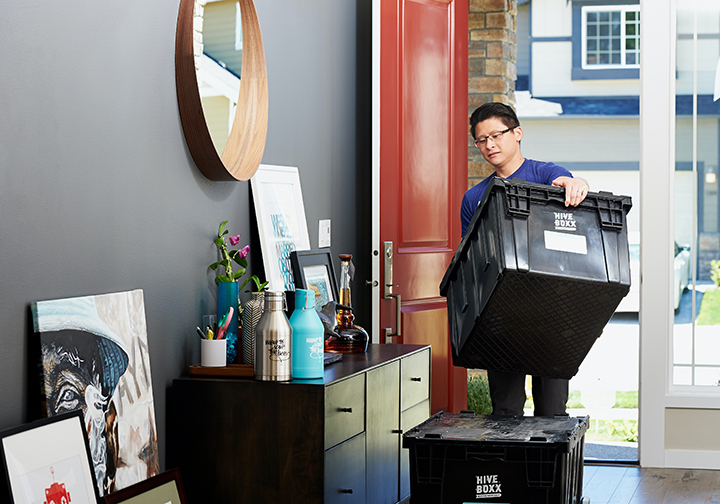Two Common Foreclosure Questions
In Part 1 of this series, we identified two types of foreclosure questions:
1. Judicial
2. Non-judicial
Here, we answer two common foreclosure questions:
1. Are both types of foreclosure permitted in every U.S. state?
2. What are the pros and cons of foreclosing on a property?
The answer to question #1 is simple: No. The country is somewhat divided. Most judicial states are in the Eastern half of the country and most non-judicial states are in the Western half. If you know the reason for this east-west trend…let me know. Regardless, quite a few states permit both types of foreclosure.
Regarding the pros and cons, it should be emphasized: the ideal outcome (before foreclosure) is to modify the loan and get the borrower back on track. But foreclosure may be the best option when the borrower can no longer afford the obligation of the mortgage (and taxes, insurance, maintenance, etc.). There’s something to be said about getting out from under that burden, creating an opportunity for the borrower to start fresh somewhere else.
But…it isn’t always that simple. And borrowers aren’t always so optimistic.
Some borrowers genuinely want to stay in the home but can’t or won’t pay, leaving foreclosure as the only option. It’s really important for the lender to be aware of the stall tactics some borrowers use to delay or stop the foreclosure. Disputing a payment history is just one of them.
NOTE: Over the last decade, concerns over predatory lending practices have inspired courts to sympathize with borrowers, giving rise to foreclosure defenses that can unjustly challenge foreclosures and be extremely costly to the lender.
So one of the “cons” to foreclosure is the potential cost to the lender.
Stay tuned for more Foreclosure content.
Learn more at https://fallerfinancial.com/note-resources/.
Call 844-433-6683 or email info@fallerfinancial.com to sell your mortgage Note or request a consultation at fallerfinancial.com/contact.



